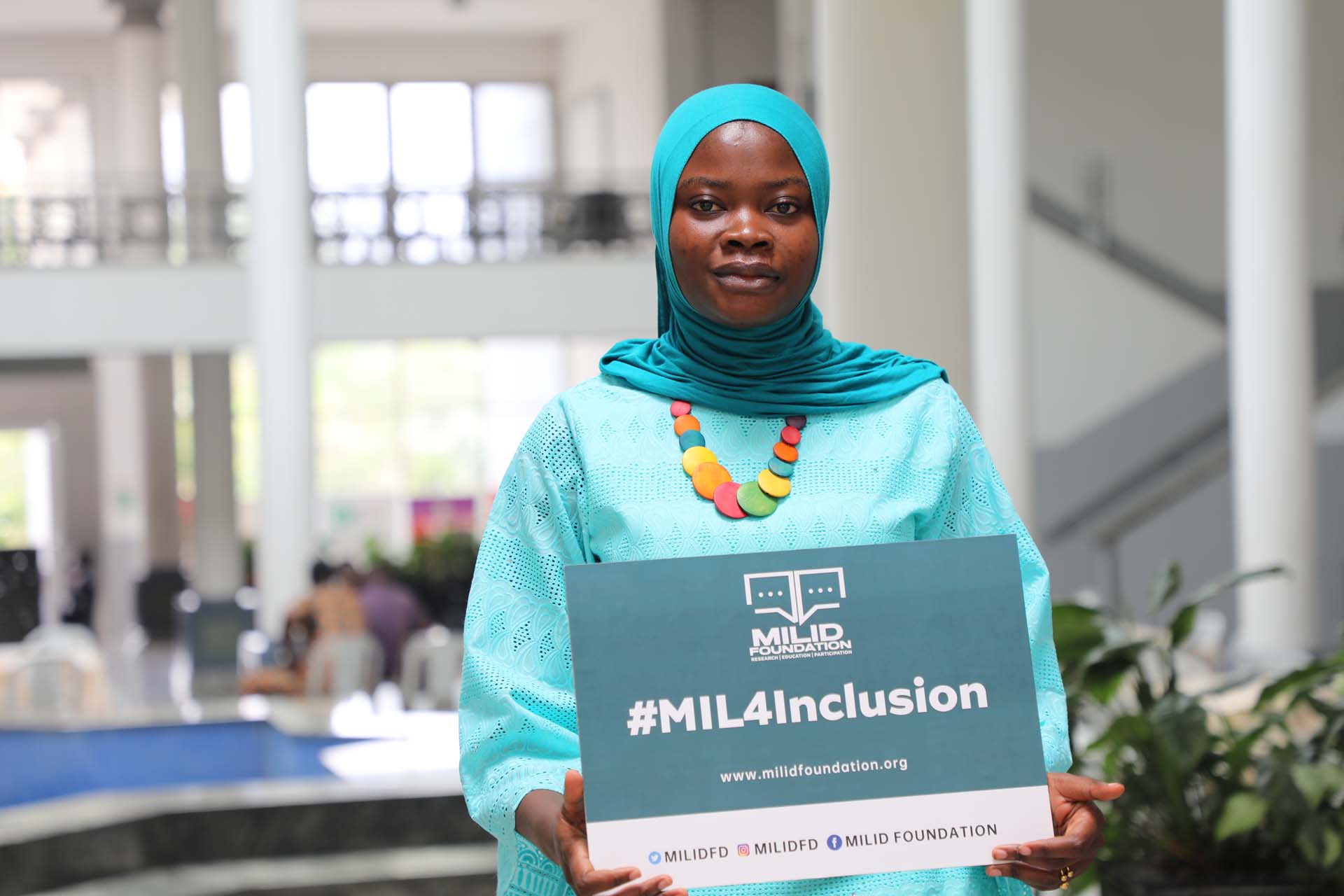Rukayat Motunrayo Shittu, member of the Kwara state house of assembly representing Owode/Onire constituency, Asa LGA, says women holding political positions must share their success stories to motivate others.
Shittu spoke on Tuesday during the intergenerational dialogue on media and information literacy as a tool for enhancing women’s participation in politics and governance which was held in Abuja.
The event was organised by the Media and Information Literacy and Intercultural Dialogue (MILID) Foundation as part of activities marking International Women’s Day 2024.
The lawmaker emphasised the need for media literacy in empowering women.
She noted that it is important for women who hold political positions to share their stories with the world to motivate others.
“Without information, all of us will remain ignorant and this is a normal trend in parts of our country, especially the northern part,” she said.
“Many people in these rural areas do not have access to media information and with this we have many women being bound by religious and cultural misconceptions.
“Unfortunately, the few women out there who hold positions tend not to tell their stories to the world.
“At this time we need to advocate for most women in political positions to come out and tell their stories. What people tend to see is the beautiful results but there are so many obstacles that are faced.
“I want to believe there are so many women out there that don’t hold positions but are facing even bigger challenges. If we advocate for more women to tell their stories, it would create a relating point for every woman.”
Chiamaka Okafor, executive director of MILID Foundation, said the media plays a dominant role in defining the role of women in politics and governance.
She said this is evident in how journalists and media professionals struggle to get female guests for interviews or to feature on their programmes.
“MILID Foundation believes that it is important to understand media messaging when it comes to inclusion, to reshape the narrative and build the capacity of women and women groups using the core principles of MIL, including critical thinking, the ability to access media and information, critical analysis and ability to produce media and information to create counter/alternative narratives that give women a chance and show in positive light, their capacity and potential when included in politics and governance,” she said.



